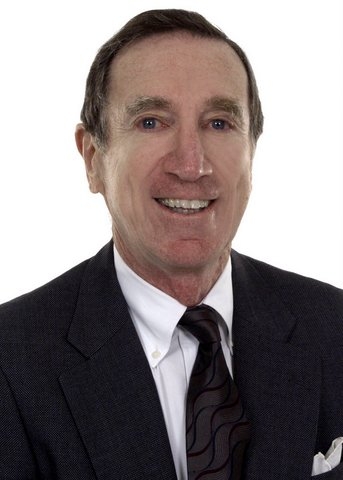58-year Trade Show Industry Veteran Peter W. Nathan Retires

Peter W. Nathan, president of PWN Exhibicon International, one of the most well-known and storied icons in the trade show industry, has announced he will retire after 58 years of service.
“It’s time … I’ve been in this industry 58 years,” Nathan said. “Not that I’m going to fade away. There are a number of volunteer opportunities I want to work with.”
Nathan, who is turning 80, started in the industry when he was a 22-year-old and worked with Saul Poliak of Clapp & Poliak.
“I had a fabulous mentor,” Nathan said. “His company spawned a lot of super organizers.”
He added that Reed Exhibitions’ Mike Rusbridge, E.J. Krause’s Ned Krause and Patrick LaFramboise, who recently retired as the president and CEO of the International Woodworking Fair, all worked for Clapp & Poliak.
Nathan was with the firm for 30 years before it was bought by Reed and he transitioned over to the Jacob K. Javits Convention Center of New York before starting his own company.
In his long career, Nathan also has had the opportunity to mentor a lot of people, which he said he was “his greatest thrill.”
He added, “I’ve mentored a lot of people who have all turned into super organizers.”
One of those mentees was very close to home – his daughter Leslie Street ran George Little Management’s New York International Gift Fair for 20 years.
In addition, the Biotechnology Industry Organization’s Robbi Lycett, who oversees the BIO International Convention, worked for Nathan as a secretary.
“I could see she didn’t need to sit behind a desk and just type,” Nathan said.
Krause and LaFramboise also used to work for him, he added.
Nathan has been credited with launching several innovations that have become industry standards, including the use of floor managers at exhibitions, exhibit space drawings techniques, original “credit card” type lead retrieval systems, collocation of events and creation of the exhibitor’s service manual.
“Almost every major show now had floor managers … space drawings … there are a lot of collocations and joint partnerships today that weren’t happening before,” Nathan said.
From his 58-year viewpoint, Nathan has seen a total evolution occur in the industry. “The industry has changed tremendously, mainly because of technology, consolidation and social media is the way to go with attendee marketing,” he said.
Nathan also has been a trailblazer in taking the U.S. trade show industry into international markets, the first being the former Soviet Union in the early 1970s when he saw an article in The New York Times about a U.S/Soviet trade bureau being set up in New York for the purpose of cross-commercialization between the two countries.
“I went to see them about putting together an American trade show,” Nathan said. “Then, a few years later I saw there was going to be a U.S./China trade bureau, so I did the same thing.”
Those two international forays were followed by Cuba and Libya.
Nathan also has been very active in trade show industry organizations as a longtime member of International Association of Exhibitions and Events and a founding member of Society of Independent Show Organizers and Major American Trade Show Organizers.
“The opportunities to learn from others becomes that much easier when attending conferences and events these associations put on,” Nathan said.
He added that now that he will be retiring, it will give him more time to continue to volunteer for organizations such as SCORE, in which retired business executives provide counseling for entrepreneurs who are looking to start a company.
Nathan also plans to do a lot more traveling, though he and his wife Sandy already have been to nearly 100 countries around the world.
“I’ve been to a lot of fascinating places in the world,” Nathan said. “The opportunity to travel through this industry has been terrific.”
What he says he will miss most in the day-to-day of working in the trade show industry for so many years is the networking interchange.
“I’ve made a lot of personal friends in this industry,” he added. “I’ve had a fabulous career.”


Add new comment